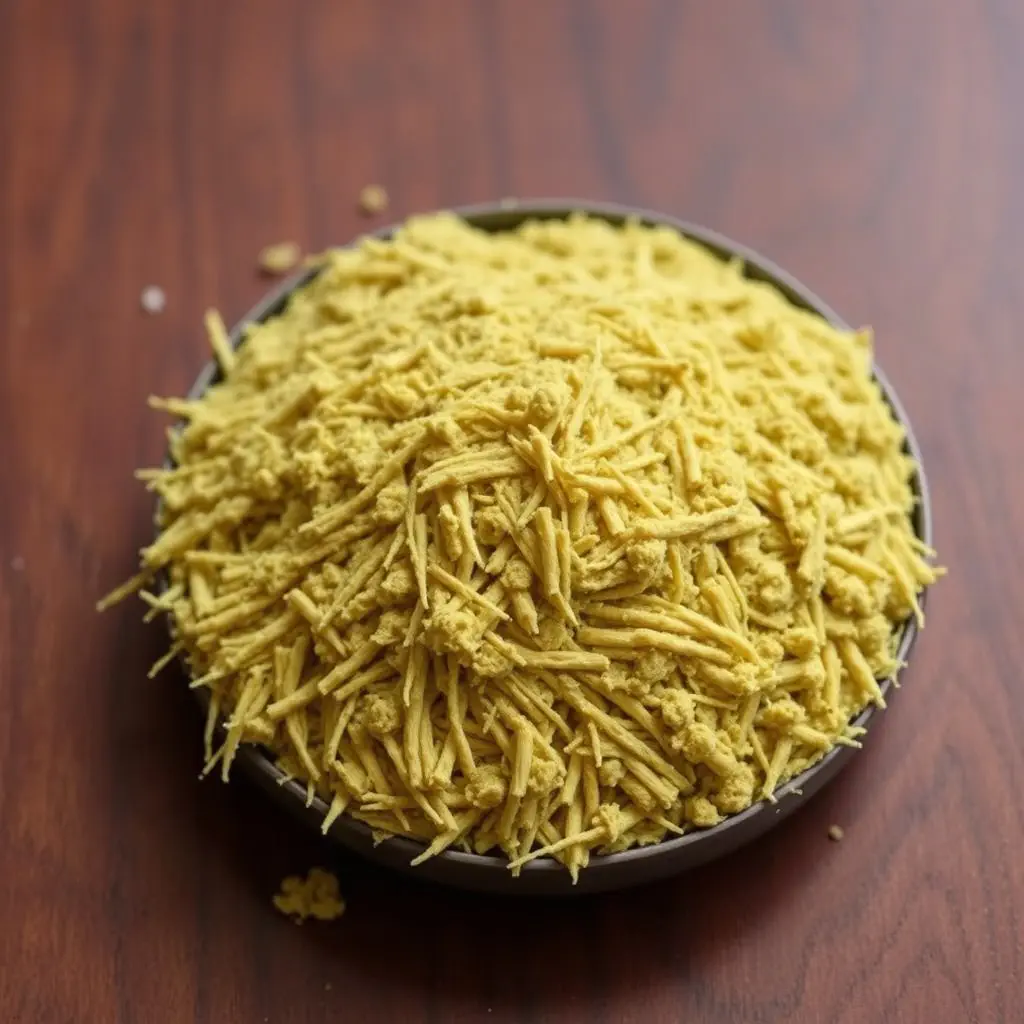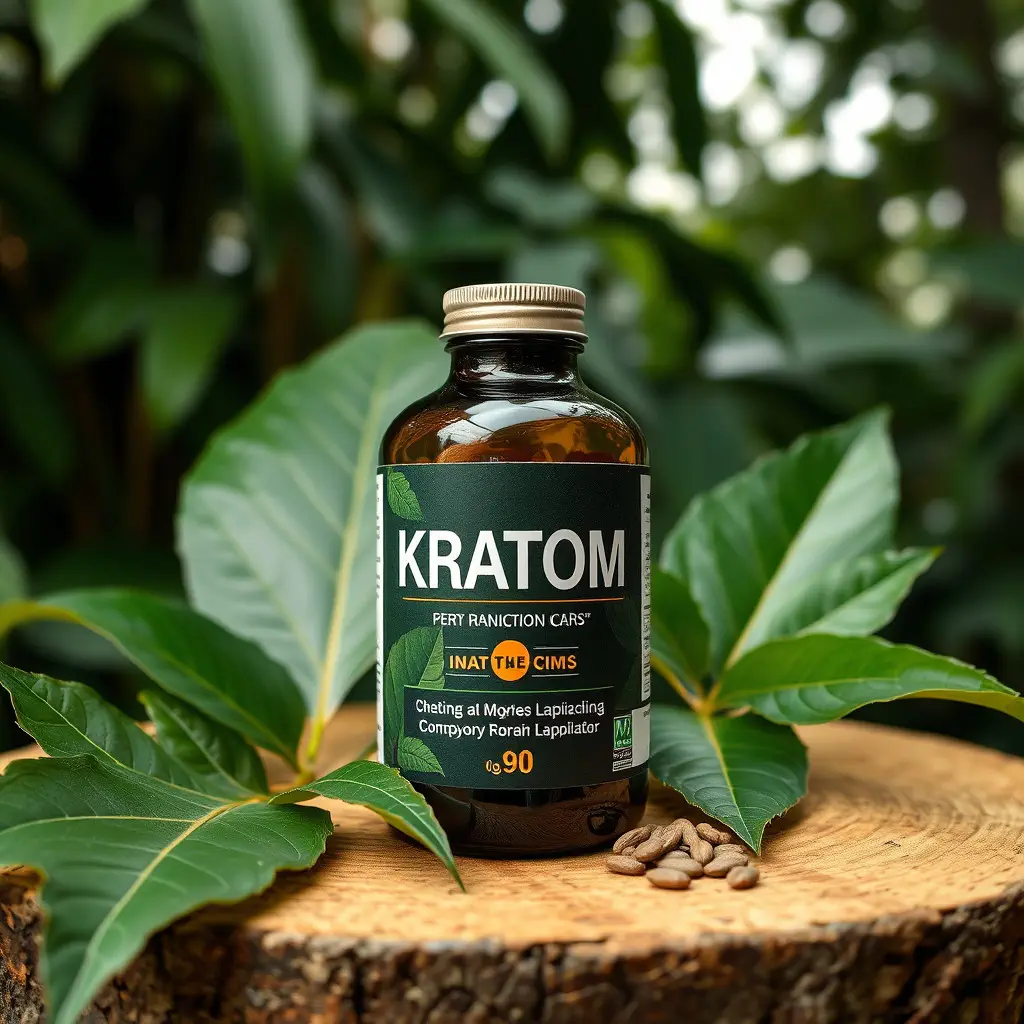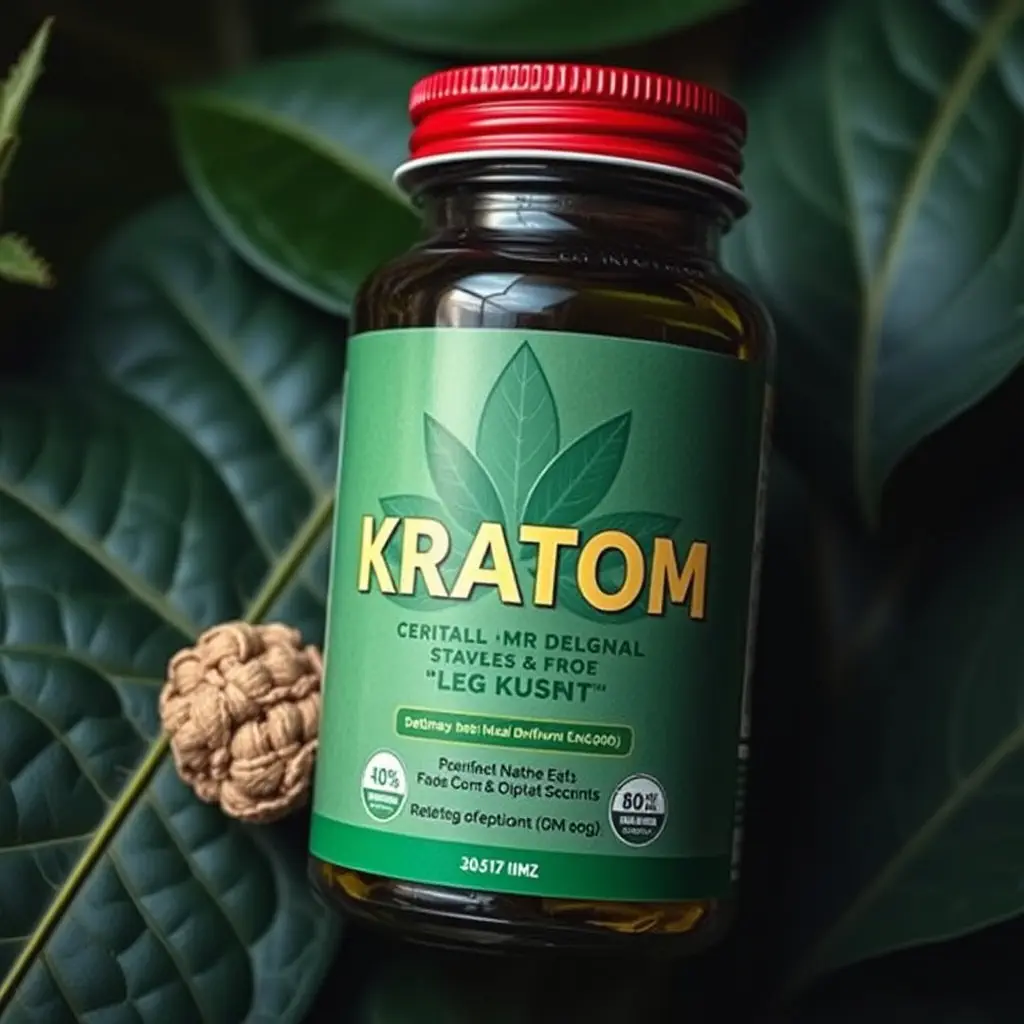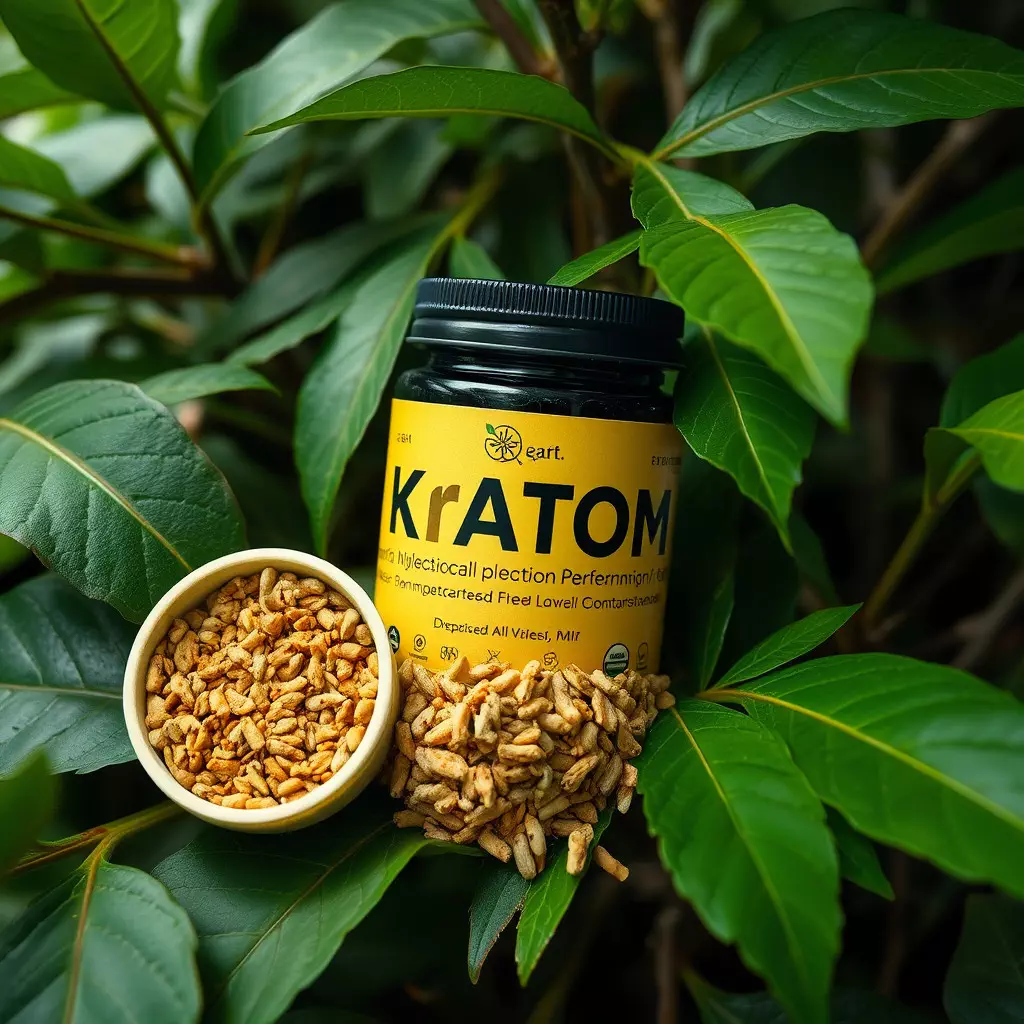2023 updates indicate that while kratom is not explicitly a controlled substance in Louisiana, its legal status is ambiguous and subject to conditions. Adults over 18 can legally use it under the stipulation that it's not adulterated or mislabeled. The state's approach contrasts with the federal government's stance, where the FDA does not endorse kratom. This creates a complex legal landscape for athletes and fitness enthusiasts in Louisiana, who must stay informed on evolving laws as they can change rapidly. It's crucial for individuals to understand both state and federal regulations regarding kratom, especially since its use is linked to scientifically ongoing research on its effects, particularly in managing pain through alkaloids like mitragynine and 7-hydroxymitragynine. Due to the potential health risks and the possibility of legal changes, those interested in using kratom for recovery should consult healthcare professionals to ensure they are within legal boundaries and using it safely. Remember, the legality of kratom can vary greatly by jurisdiction, making "Is kratom legal in Louisiana?" a question that requires up-to-date verification.
Exploring the intersection of natural supplements and athletic recovery, this article delves into the potential of kratom as a post-workout aid. With a focus on the legality of kratom in Louisiana—a state with unique regulations—we unravel how athletes can leverage its properties to mitigate muscle soreness. We will also navigate the safety considerations essential for responsible use, ensuring readers are well-informed on integrating kratom into their training recovery regimen effectively and legally within the state’s framework. Join us as we dissect the role of this botanical substance in enhancing athletic performance and promoting a healthy recovery process.
- Understanding Kratom Legality and Training Recovery in Louisiana
- Exploring the Role of Kratom in Post-Workout Muscle Soreness Relief
- Safety Considerations and Responsible Use of Kratom for Athletic Recovery
Understanding Kratom Legality and Training Recovery in Louisiana

Mitragyna speciosa, commonly known as kratom, has garnered attention within various health and wellness circles for its potential effects on energy levels, mood enhancement, and pain management. In Louisiana, where athletic training recovery regimens are a cornerstone of performance optimization, the use of kratom is subject to specific legal parameters. As of the knowledge cutoff date in 2023, kratom’s status in Louisiana is nuanced: it is not explicitly classified as a controlled substance under state law, which means it can be legally purchased and consumed by individuals over the age of 18 within established legal boundaries. However, the legality of kratom in Louisiana is contingent upon its preparation and intended use. It is illegal to possess, sell, or distribute kratom if it is adulterated or misbranded. This legislative stance on kratom reflects a broader national conversation about the plant’s safety, efficacy, and regulatory status. For athletes in Louisiana looking to incorporate kratom into their recovery strategies, it is crucial to stay informed about local laws and regulations, as they can evolve over time and differ from federal guidelines. The Federal Drug Administration (FDA) has not approved kratom for any use, which underscores the importance of a cautious approach when considering its role in training recovery protocols. Users should always consult with healthcare professionals before integrating kratom into their wellness routines to ensure compliance with state and federal laws and to mitigate potential health risks associated with its use.
Exploring the Role of Kratom in Post-Workout Muscle Soreness Relief

Kratom, a plant originating from Southeast Asia, has gained attention within athletic and fitness communities for its potential role in post-workout muscle soreness relief. The alkaloids found in kratom leaves, such as mitragynine and 7-hydroxymitragynine, are believed to interact with the body’s opioid receptors, which may help manage pain. When incorporating kratom into a recovery routine, it’s crucial to consider its legal status in your jurisdiction. For instance, as of the knowledge cutoff date, is kratom legal in Louisiana? The legal landscape regarding kratom can be complex and varies by state; therefore, individuals in Louisiana should verify the current regulations as they are subject to change based on local laws and federal guidelines.
For those who engage in strenuous activities, the period following intense exercise often involves a degree of muscle soreness, which is a natural response to physical stress. Some users report that kratom may alleviate this discomfort by modulating pain signals. It’s postulated that certain strains of kratom can provide a balancing effect on the body’s systems, potentially reducing inflammation and facilitating faster recovery. However, it is important to approach such claims with caution and to consult with healthcare professionals before integrating kratom into any recovery protocol, especially given its complex legal status and potential for interaction with other substances or medications. Users in Louisiana and elsewhere should ensure they are fully informed about the legality of kratom use in their area and comply with all applicable laws.
Safety Considerations and Responsible Use of Kratom for Athletic Recovery

When integrating kratom into an athletic recovery regimen, it’s crucial to consider its legal status and the potential implications for health and performance. Kratom, derived from the leaves of Mitragyna speciosa, has gained popularity among athletes seeking natural ways to manage pain, enhance endurance, and promote recovery. However, its legal standing varies by jurisdiction; as of the knowledge cutoff in 2023, is kratom legal in Louisiana? The answer is nuanced: while federal law classifies kratom as a Schedule I controlled substance, which means it’s technically illegal under federal law, Louisiana has its own regulatory framework. As of this point, kratom is not explicitly scheduled under state law, but its sale and possession are subject to certain restrictions. Athletes interested in using kratom must first verify its legal status within their specific locality and adhere to all applicable laws.
Responsible use of kratom for athletic recovery entails careful dosing, monitoring effects, and understanding the potential risks. Kratom alkaloids, such as mitragynine and 7-hydroxymitragynine, can interact with the body’s opioid receptors, which may influence pain sensation, mood, and energy levels. Given its opioid-like effects, kratom use should be approached with caution, especially when combined with other substances or medications. Athletes should consult with healthcare providers to ensure that kratom will not interfere with their training or recovery processes. Additionally, long-term use of kratom may lead to dependence or adverse health effects, and thus, it should be used judiciously and as part of a comprehensive recovery strategy that includes proper nutrition, hydration, rest, and evidence-based training techniques. Safety, legality, and responsible use are paramount for athletes incorporating kratom into their regimen to ensure optimal performance and health outcomes.
In concluding our exploration into the role of kratom in training recovery, particularly within the context of Louisiana’s legal framework, it’s clear that this plant-based compound offers a promising avenue for managing post-workout muscle soreness. However, it is imperative to approach its use with caution, adhering strictly to the legal guidelines governing kratom in Louisiana and practicing responsible consumption habits. As with any supplement or recovery strategy, individual responses to kratom can vary, so personal experimentation should be approached with care and informed by credible sources. Ultimately, understanding both the potential benefits of kratom for athletic recovery and its legal status is crucial for athletes seeking alternative methods to enhance their training regimens responsibly.






